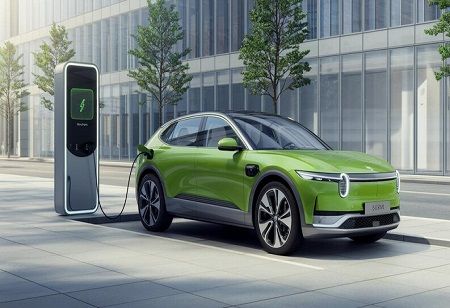
India's EV Policy Slashes Import Duties to Attract Automakers
- India slashes EV import duty to 15% for $500M local investment.
- Firms must meet revenue and local value-addition targets.
- Tesla may miss benefits as it lacks local manufacturing plans.
With the new EV policy initiated by the Indian government, the intent is to promote Indian manufacturing of electric vehicles by greatly slashing import duties.
Under the Scheme to Promote Manufacturing of Electric Passenger Cars in India (SPMEPCI), import duties on fully-built imported electric cars priced over $35,000 (approx. ₹30 lakh) have been reduced from 110% to 15%, provided that the company must invest at least $500 million (approx. ₹4,150 crore) in Indian EV production within three years. Even existing plants can be used for this purpose.
Manufacturers will have to hit revenue targets of ₹2,500 crore in the second year, ₹5,000 crore in the fourth year, and ₹7,500 crore in the fifth year, and local value addition will have to be at 25% by the third year and 50% by the fifth year.
Also Read: L'Oréal to Double India Business in Coming Few Years: Global CEO
The scheme permits each manufacturer to import up to 8,000 EVs annually at this reduced duty rate; any unused quota can be carried forward to the following year. Total benefits provided under the scheme will be capped at ₹6,484 crore or the actual amount of investments made, whichever is less.
Investment qualifies if made for R&D, manufacturing equipment, and tooling, while 5% of investments can be allocated for charging infrastructure and 10% toward land and factory buildings. The minimum criteria for automakers to qualify under the scheme are global automotive revenue of ₹10,000 crore and assets worth ₹3,000 crore.
The policy seems to cater to the various pleas made by Tesla for reduction in import duties; however, the company presently has no manufacturing intentions for India. If Tesla shifts to local production, it could benefit from the new incentives.

.jpg)